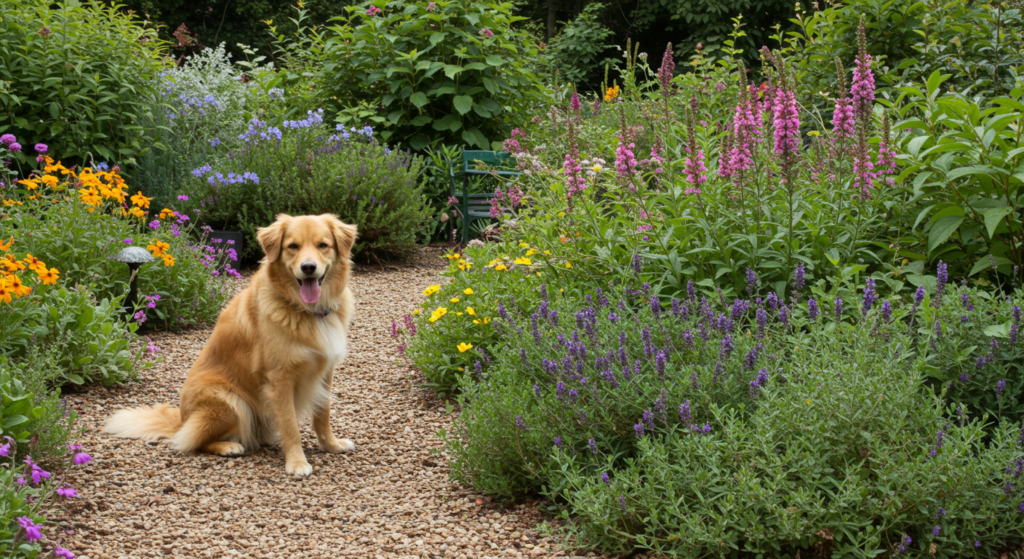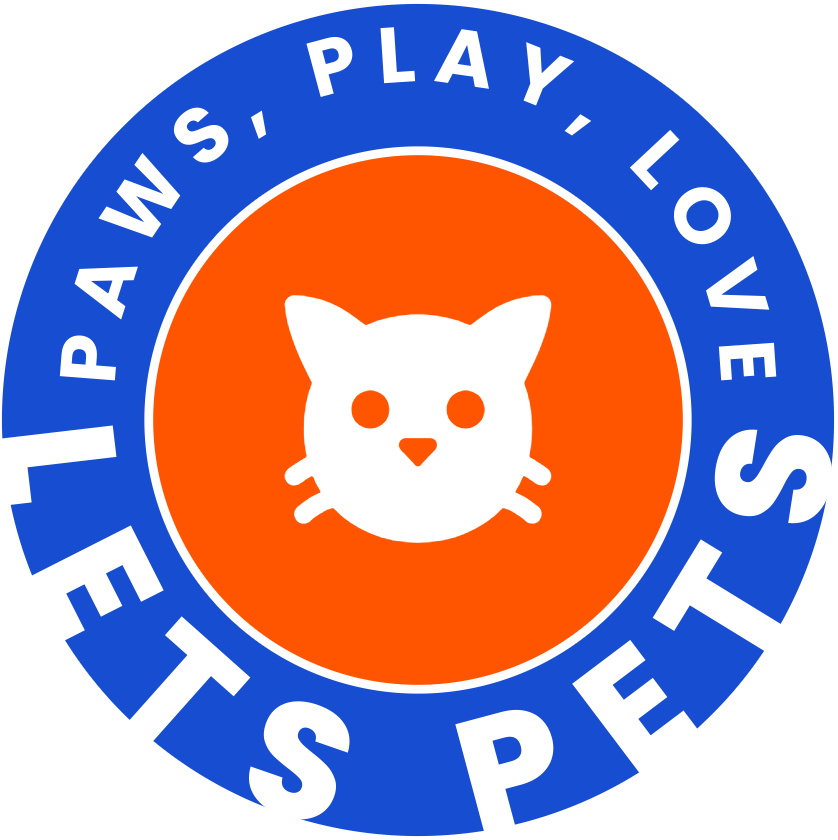Table of Contents
- Introduction
- Why Choose Pet-Friendly Plants?
- Top Pet-Safe Plants for Your Garden
- Designing a Pet-Friendly Garden
- Common Toxic Plants to Avoid
- Conclusion
- FAQs
Introduction
For pet owners, a garden is more than just a space for growing plants—it’s a playground for their furry companions. However, many popular garden plants can pose serious health risks to pets if ingested. By choosing non-toxic, pet-friendly plants, you can create a safe and enjoyable environment for your pets while maintaining a stunning garden. This article will help you identify the best plants for a pet-friendly garden and provide practical tips for keeping your pets safe.

Why Choose Pet-Friendly Plants?
Pets, especially dogs and cats, are naturally curious and may chew on plants out of boredom or curiosity. Some plants contain toxins that can cause mild to severe health issues, including vomiting, diarrhea, or even organ failure. By selecting pet-safe plants, you can prevent accidental poisoning and ensure your garden is a safe haven for your pets.
Top Pet-Safe Plants for Your Garden
Here are some of the best non-toxic plants that are safe for pets and perfect for your garden:
- Marigolds
- Bright, cheerful flowers that are safe for pets.
- Easy to grow and repel pests naturally.
- Spider Plant
- A hardy indoor and outdoor plant that is non-toxic to cats and dogs.
- Known for its air-purifying qualities.
- Boston Fern
- A lush, green plant that thrives in shaded areas.
- Safe for pets and adds a tropical touch to your garden.
- Rosemary
- A fragrant herb that is safe for pets and great for cooking.
- Drought-tolerant and easy to maintain.
- Sunflowers
- Tall, vibrant flowers that are non-toxic to pets.
- Attract pollinators like bees and butterflies.
- Catnip
- A favorite among cats, this plant is safe and enjoyable for them.
- Easy to grow and can be used as a natural treat.
Designing a Pet-Friendly Garden
Creating a pet-friendly garden involves more than just selecting safe plants. Here are some tips to ensure your garden is both functional and safe for your pets:
- Create Designated Play Areas
- Designate specific areas for your pets to play and explore.
- Use pet-safe mulch or grass to create comfortable spaces.
- Avoid Harmful Chemicals
- Use organic fertilizers and pesticides to avoid exposing your pets to toxic chemicals.
- Install Barriers
- Use fences or raised beds to keep pets away from delicate plants or areas with potential hazards.
- Provide Shade and Water
- Ensure your garden has shaded areas and fresh water for your pets to stay cool and hydrated.
Common Toxic Plants to Avoid
While designing your pet-friendly garden, it’s crucial to avoid plants that are toxic to pets. Some common harmful plants include:
- Lilies (highly toxic to cats)
- Azaleas
- Tulips
- Sago Palm
- Oleander
Always research a plant’s toxicity before adding it to your garden.
Conclusion
A pet-friendly garden is a wonderful way to combine your love for plants and your furry friends. By choosing non-toxic plants, avoiding harmful chemicals, and designing with your pets in mind, you can create a safe and beautiful outdoor space for everyone to enjoy. With the right planning, your garden can be a haven of joy and safety for your pets.
FAQs
1. Are succulents safe for pets?
Some succulents, like hens and chicks, are safe for pets, but others, such as aloe vera, can be toxic. Always check the specific plant’s toxicity before adding it to your garden.
2. Can I use cocoa mulch in a pet-friendly garden?
No, cocoa mulch is toxic to pets. Opt for pet-safe alternatives like cedar or pine mulch.
3. How can I stop my pet from digging up plants?
Provide designated digging areas or use barriers like rocks or chicken wire to protect your plants.
4. Are herbs safe for pets?
Many herbs, such as basil, thyme, and parsley, are safe for pets. However, some, like mint, can cause digestive issues in large quantities.
5. What should I do if my pet eats a toxic plant?
Contact your veterinarian immediately. Keep a list of toxic plants on hand for quick reference.
